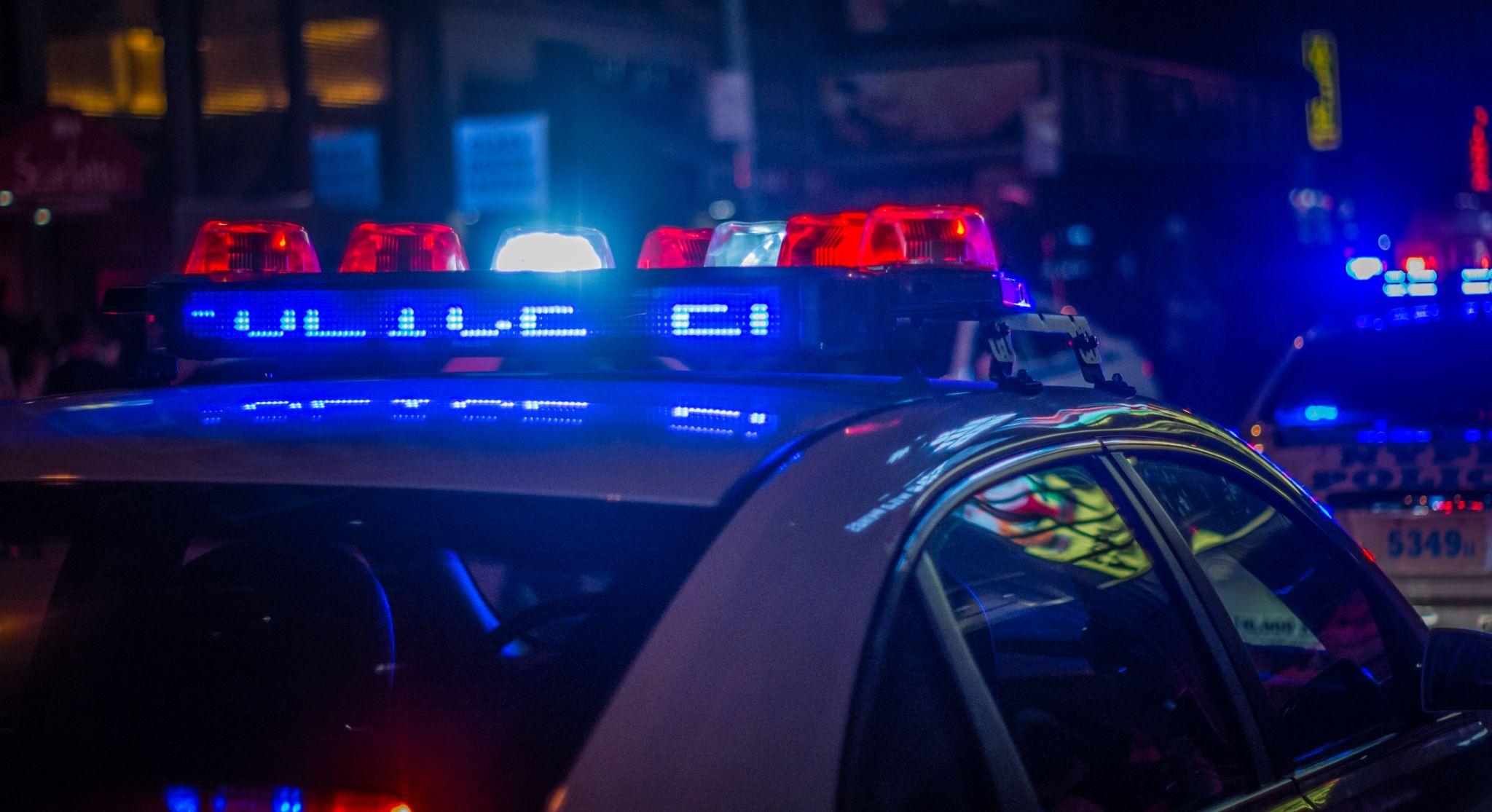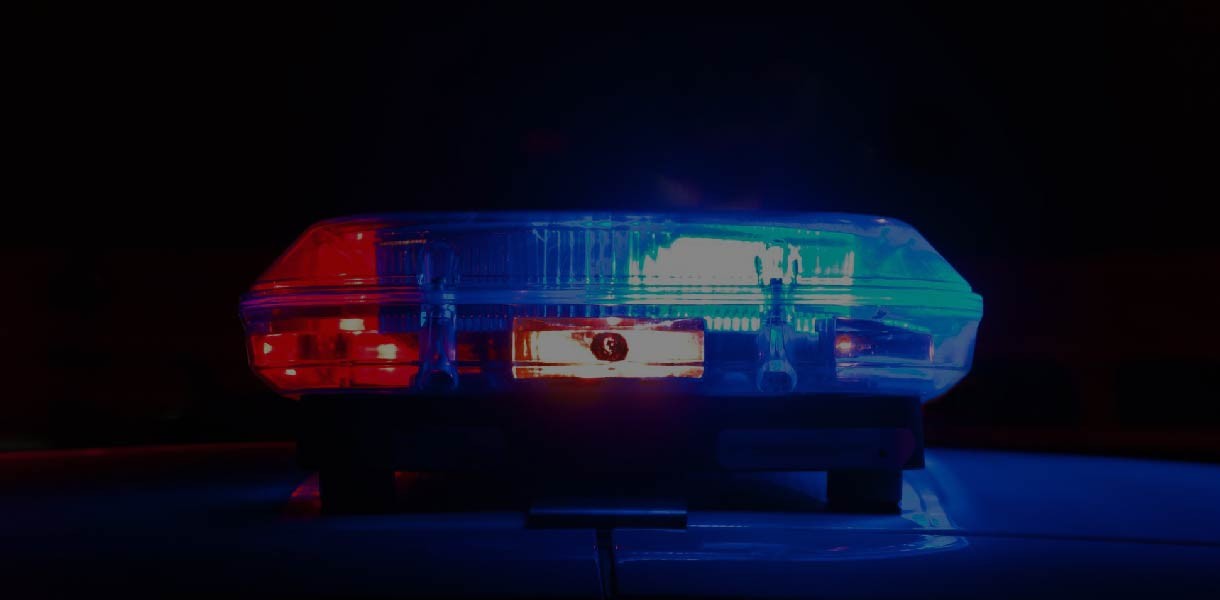Many times, when the Traffic Police stops us, we are taken by surprise and we can no longer focus on exactly what rights and obligations we have. But if we have the necessary information, we can keep the situation under control regardless of the reason why we were "pulled to the right". Therefore, in this article we will go through the rights and obligations of drivers when they are stopped by a traffic policeman.
Contents:
- In what situations can the Traffic Police stop you?
- What obligations do you have when the Traffic Police stops you and what documents do you have to present to the policeman?
- What rights do you have when the Traffic Police stops you?
1. In what situations can the Traffic Police stop you?
The reasons why the Traffic Police can stop you can be various. Even if there appears to be no apparent reason, the law gives police officers the right to stop cars if only to check the driver's and/or the car's documents. That's why you don't need to panic if you know you haven't broken the law. Often the whole operation can take only 5 minutes for document verification, maybe a little more if the car still has red numbers or in other similar situations. At all times, make sure you know what documents need to be presented to the traffic police officer and that you have them to hand.

Of course, the Traffic Police can stop you when you have violated any rule, for example if you ran a red light, did not give priority to pedestrians, exceeded the legal speed, etc. Even in these situations, it is recommended to keep calm, try to clarify the situation as openly as possible and not resort to attempts at bribery, insults or aggressive attitudes. This will only make it harder for you if you are found guilty.
2. What obligations do you have when you are stopped by the Traffic Police and what documents must you present to the policeman?
When you are pulled over, it is important to know what your obligations are and what the Police are checking when they stop you. In most cases, you need to present your ID, car registration certificate and driver's license. If you have online car insurance, you don't necessarily need to have it in a xerox copy, you can also present it in digital format. Of course, you have an obligation to present them. Also, if your car was recently bought - new or second-hand - from any kind of car dealership and has not yet been registered with permanent numbers, you may need to provide additional documents , such as the sales contract.

In addition to the requested documents, the police officer may ask to carry out other checks. For example, it can carry out an inspection of the interior of the car, ask additional verification questions related to the purpose of a visit (for example, at the border) or examine the condition of the car additionally. It goes without saying that you must comply with the demands of the police and show that you are willing to cooperate.
3. What rights do you have when the Traffic Police stops you?
Just as you know what your obligations are, it is important to know what your rights are when you are stopped by the Traffic Police. Right from the start, you have the right to ask the policeman to show you your ID. Not infrequently we have heard of cases when people with bad intentions pretended to be traffic policemen, with the aim of intimidating and obtaining certain sums of money from drivers. That's why it's important to know what a proper ID looks like and ask for it.

Another right you have is to be told why you were stopped and, if applicable, to find out the irregularities you committed, before any kind of report is drawn up. Of course, drivers also have the right to refuse to sign the report, but you must take into account the following aspects. In principle, the minutes must be signed in two places - the first time the deed is acknowledged, and the second time the sanction is acknowledged. So, you can refuse to admit the act if you consider yourself innocent, but you can sign that you acknowledge the fine you received. Furthermore, you can sue that sanction in court.
So, we hope that now the whole process and what you have to do when the Traffic Police stops you in traffic is clearer. Remember which documents are requested by the traffic police and make sure you always have them up to date. One point of help is to set alarms on your phone when an important document (eg insurance or ITP) is about to expire. Good luck in traffic!
Photo source: Pixabay.com
